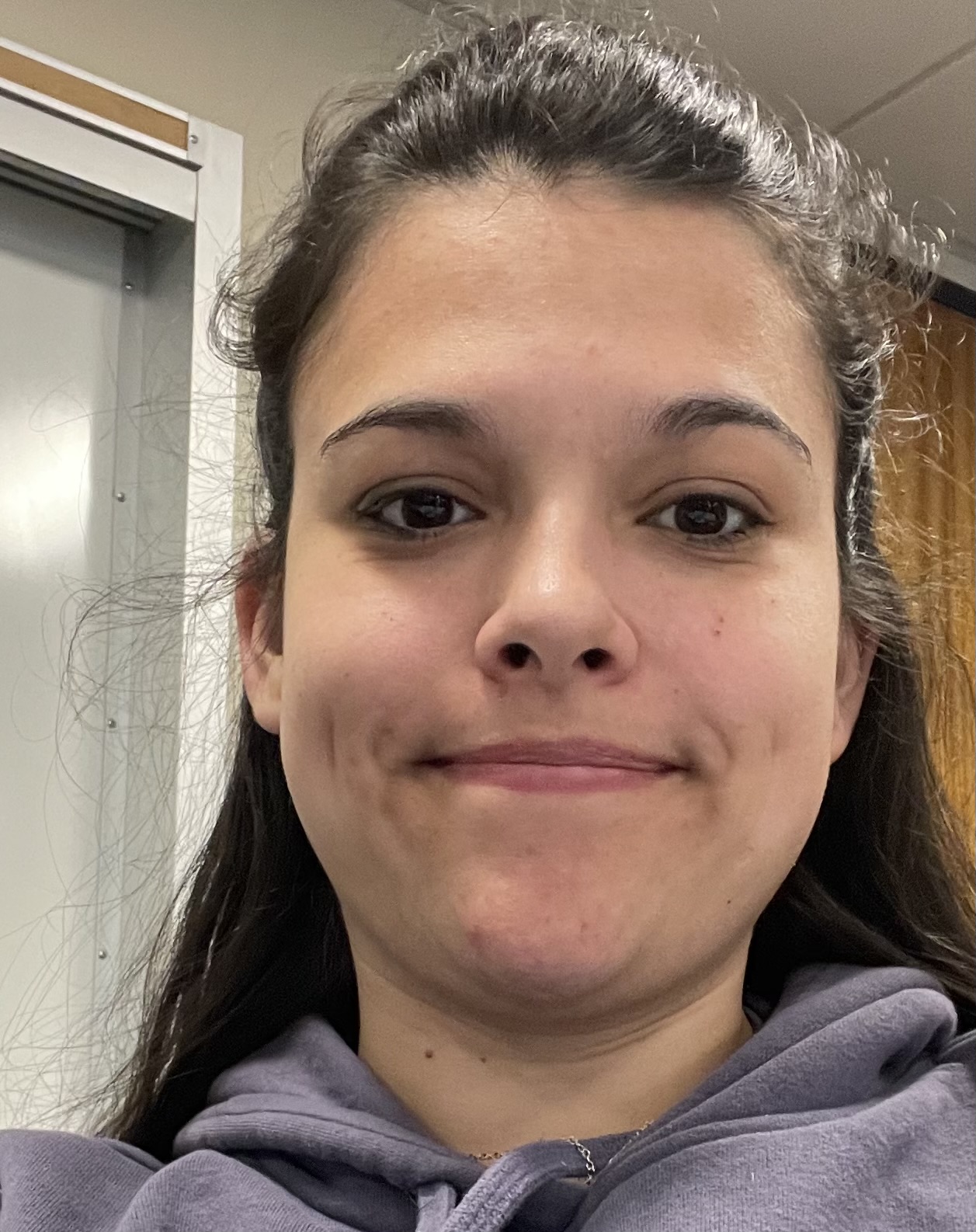Celebration of Scholars
#26: Coping with disasters: Meaning-making among religious leaders in Puerto Rico in response to crises
 Name:
Camila Alfaro
Name:
Camila Alfaro
Major: Psychology
Hometown: Kenosha
Faculty Sponsor: Melanie Nyhof
Other Sponsors:
Type of research: Senior thesis
Abstract
When natural disasters strike, many people experience great loss, which can severely impact a person’s mental health and cause long-term emotional damage. Religious leaders are no exception. Research suggests that religion can be beneficial and detrimental to coping and mental health. Religious leaders may use religion to cope, but as leaders, they may also face unique stressors when faced with a natural disaster. In addition, much of the research that has examined the role of religion in coping with disaster has been conducted in the US and has collected data at one point in time. In recent years Puerto Rico has experienced multiple disasters, including hurricanes, unrest, and the pandemic. The present study examines the role of religion in coping with multiple disasters by a religious leader in Puerto Rico. The present qualitative study involved three semi-structured interviews with a religious leader in Puerto Rico between 2019 and 2022. The interview transcripts were analyzed using narrative inquiry to observe emergent themes. The research results will shed light on the experiences of religious leaders that can help inform mental health professionals and disaster responders.
Submit date: March 27, 2023, 11:12 a.m.
